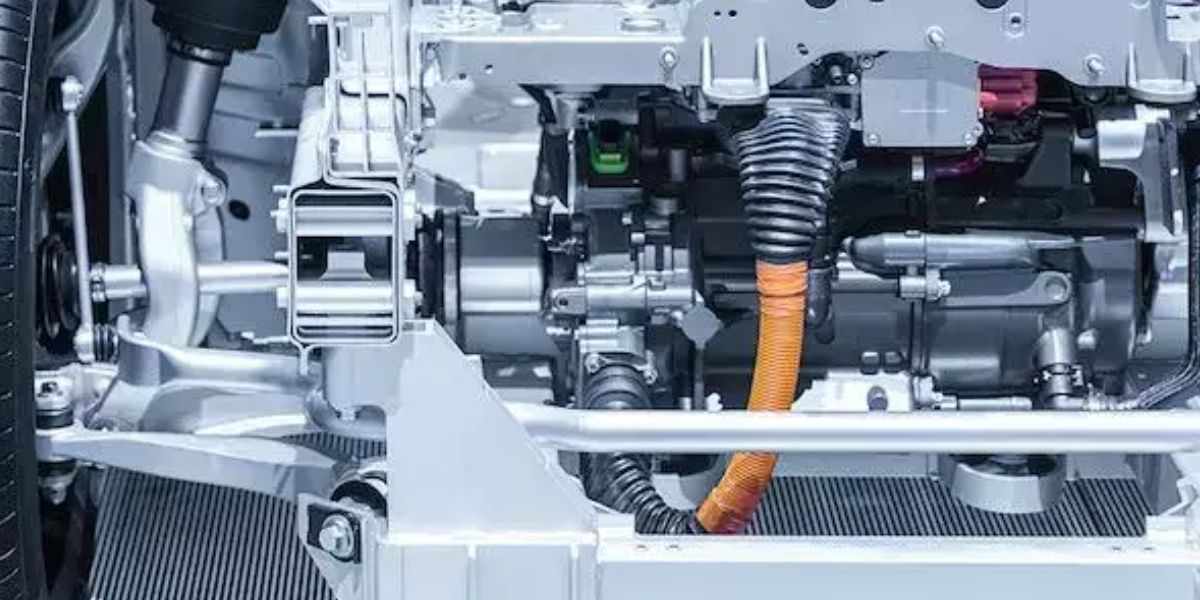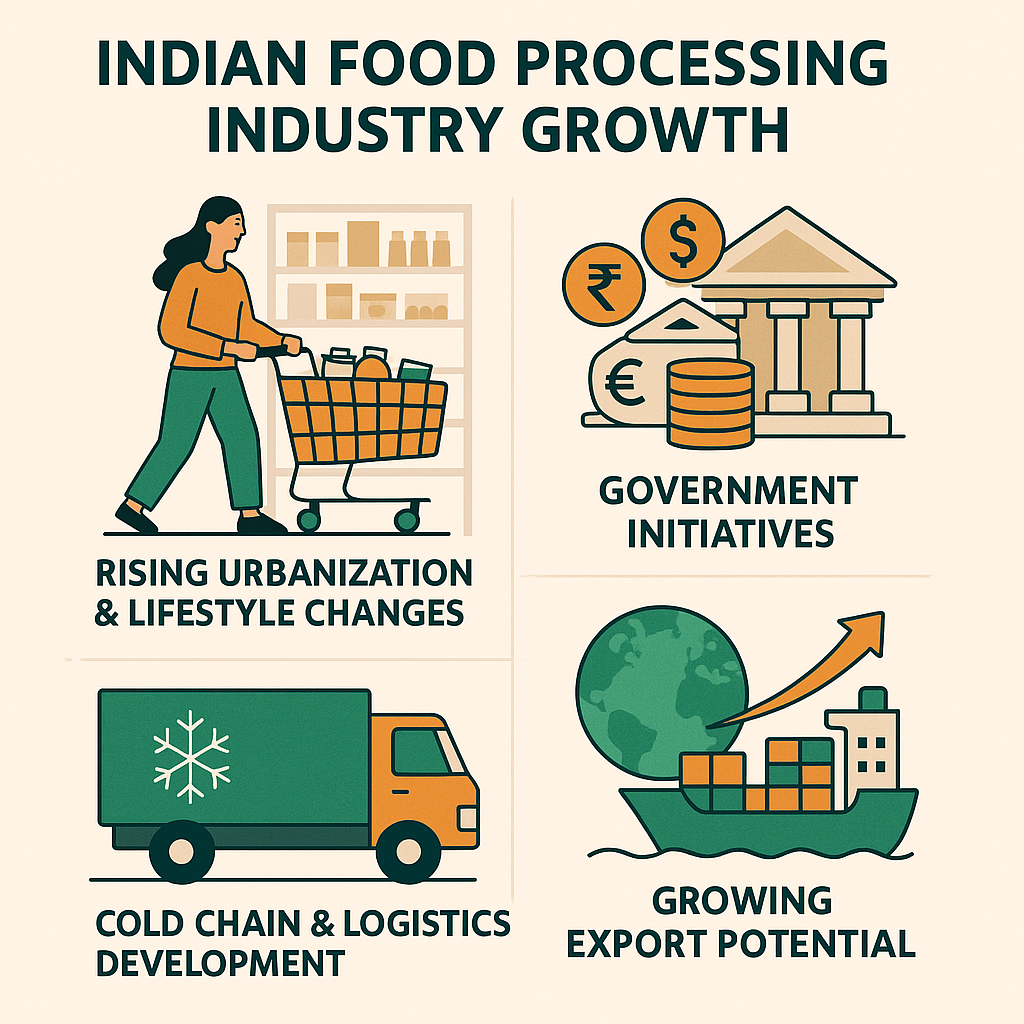
India is poised to become a global leader in renewable energy, with the government aiming for 50% non-fossil electricity by 2030 and net zero emissions by 2070. The country’s renewable energy sector is growing rapidly, driven by advancements in solar and wind power, and is expected to play a crucial role in powering India’s future. Current Status of Renewable Energy in India
India has made significant strides in renewable energy, doubling its capacity in just four years, reaching 70,000 MW by 2018.
The country ranks fourth globally in cumulative installed wind power capacity and sixth in solar power capacity.
As of December 2018, India had a total installed renewable energy capacity of approximately 74,081.66 MW, accounting for about 21% of the total power capacity.
Click: https://growbetpartners.com/energy/
Government Initiatives and Targets
The Indian government has set ambitious targets, aiming for 175 GW of renewable energy capacity by 2022, which includes 100 GW from solar, 60 GW from wind, and 15 GW from biomass.
The National Solar Mission aims to enhance solar power capacity significantly, with a target of 100 GW by 2022.
The government is also focusing on policy frameworks to attract foreign investments, with expectations of up to USD 80 billion in investments in the renewable sector by 2022.
Economic and Environmental Benefits
Transitioning to renewable energy is expected to reduce India’s carbon emissions by up to 85% by 2040, significantly contributing to global climate change mitigation efforts.
The shift towards renewables is projected to lower electricity costs by approximately $50 billion compared to a coal-dominated energy strategy.
The renewable energy sector is anticipated to create millions of jobs, providing employment opportunities for unskilled workers and technicians.
Challenges and Future Prospects
Despite the progress, challenges such as financing gaps, regulatory hurdles, and technological barriers remain.
The government is working on a National Energy Storage Mission to enhance energy storage capabilities, which is crucial for managing the intermittent nature of renewable energy sources.
With a growing population and increasing energy demand, India is expected to see a substantial rise in renewable energy consumption, potentially meeting over one-third of its energy needs by 2030.
Conclusion
India’s commitment to renewable energy is not only a step towards sustainable development but also a strategic move to enhance energy security and reduce dependence on fossil fuels.
The future of energy in India looks promising, with a strong focus on innovation, investment, and policy support aimed at achieving a cleaner and greener energy landscape.
Contact Us
Mob- +91 9833967579
Email: info@growbetpartners.com
Website: https://growbetpartners.com




















Write a comment ...